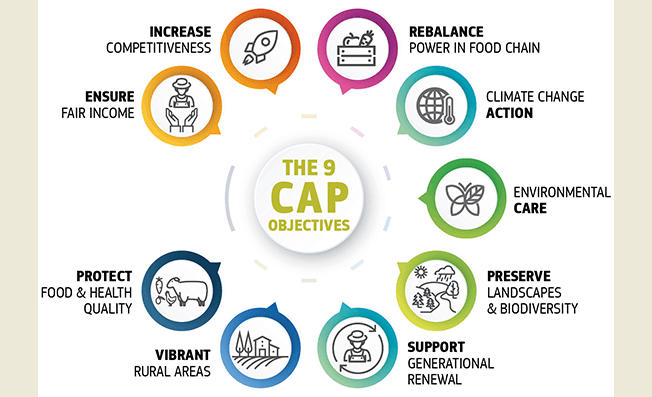I’ve seen a web3-sized asterisk next to the long-awaited re-correction of private tech company valuations and fundraising expectations. While many funds are returning to more cautious check writing, focusing on profitability and business fundamentals, crypto continues to be a hot topic, attracting dedicated billion-dollar funds with investment conditions that are more 2021 than 2022.
So, is it hype, the promise of crypto innovation, or a combination of the two? Venture capitalists and entrepreneurs from different levels of the fundraising process discussed current investment tactics for this batch of businesses. Technical disparities in cap tables, the culture of communities that many enterprises in this area are based on, and the non-crypto world’s fear of losing out explain the divergent approach. “Web2 got the word about values falling down, but web3 didn’t,” Jenny Lefcourt of Freestyle tells me.

Check out my newest TechCrunch+ piece alongside our new crypto writer Jacquelyn Melinek for my entire opinion on the subject: Even the most disciplined venture capitalists are seeing their investment environment change because of cryptocurrency. We’ll look at a digital fertility startup, Fast’s demise, Better’s disaster, and our latest Austin City Spotlight in the rest of this newsletter. You may help me out by sharing this message to a friend, following me on Twitter, or subscribing to my personal blog, as usual.
Weekly specials, Conceive is a digital fertility platform that borrows from the professional and personal experiences of CEO Lauren Berson. Years ago, the former partner of Andreessen Horowitz quit her job as an investor to join Weight Watchers. She soon saw a “wonderful, visceral, ongoing experience” of individuals supporting one another as they collectively went through a vulnerable period. Meanwhile, she and her partner struggled to conceive a child – a lonely few years of questions, loss, and bewilderment.
Here’s why it’s crucial: Conceive is an eight-week “trying to conceive” program that matches users with other families going through similar experiences, whether it’s their first or sixth IVF round. Coaches and asynchronous courses are added to the cohort-based learning. The fact that this firm will only prosper if it works hit me the most: Berson noted that she chose to start with direct-to-consumer because she didn’t want to limit herself to those who were “fortunate enough” to work for an employment that provided reproductive benefits.
















